Browse all summer courses
ASE Summer Schools in Bath
June 6 - July 11, 2026
Limited places are available on each course to preserve the small, interactive class experience, and places will be allocated to suitably qualified applicants on a first-come-first-served basis.
The deadline for initial applications is February 15, 2026.
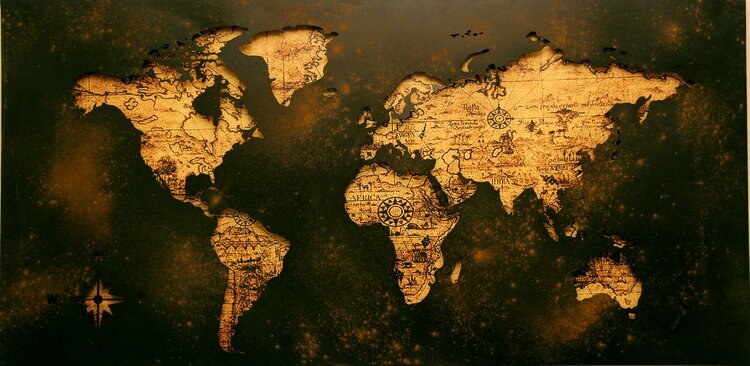
Bath, Britain and the Black Atlantic
This course examines the history of British involvement in the trade of enslaved Africans and the writing of some of the people most profoundly touched by that trade.
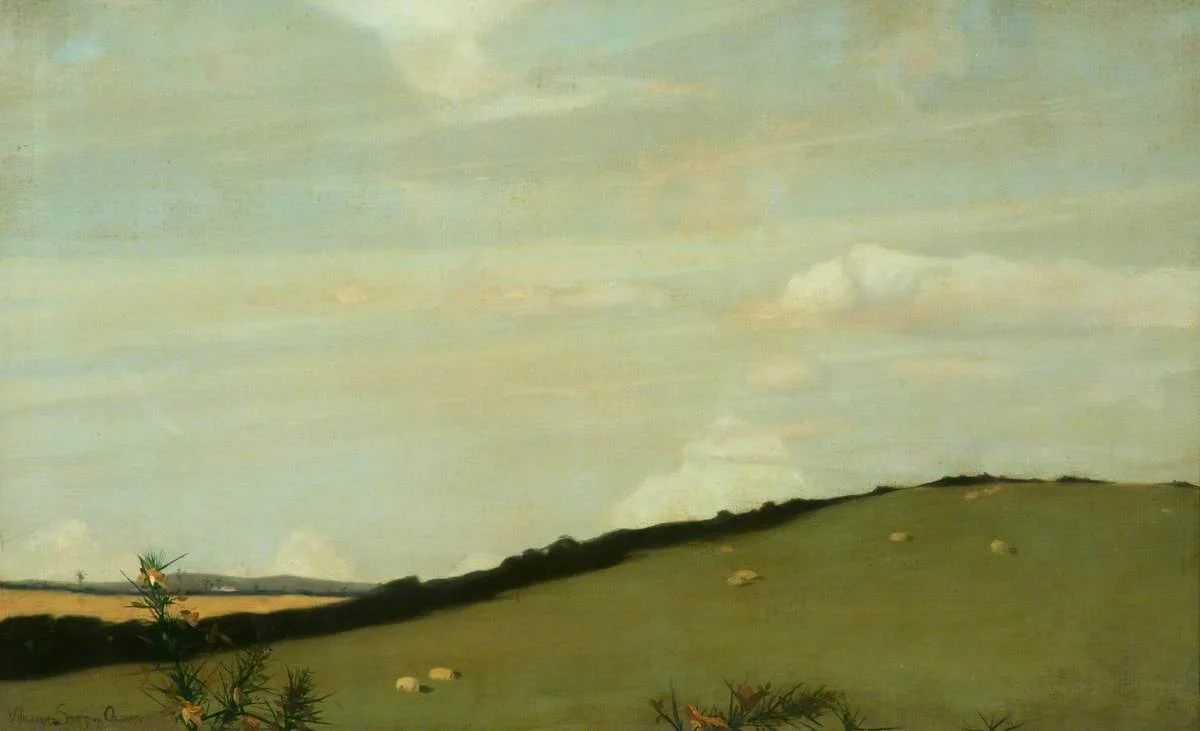
Beyond ‘Nature Poetry’
‘Nature poetry’ . . . ‘pastoral’ . . . ‘environmental poetry’ . . . ‘green poetry’ . . . ‘ecopoetry’: this proliferation of names for related sub-genres highlights the diverse and changing ways in which poems construct ‘nature’ as a subject. For all their differing contexts, objectives, attitudes, and forms, such poems are linked by their common history, inherited tropes, and shared responsiveness to the natural world.
As we analyse the particularities of individual poems and explore points of connection between them, we'll consider such questions as the following: How does poetry illuminate the varied and changing ways in which humans perceive, construct, interact with, inhabit, and alter our environments?
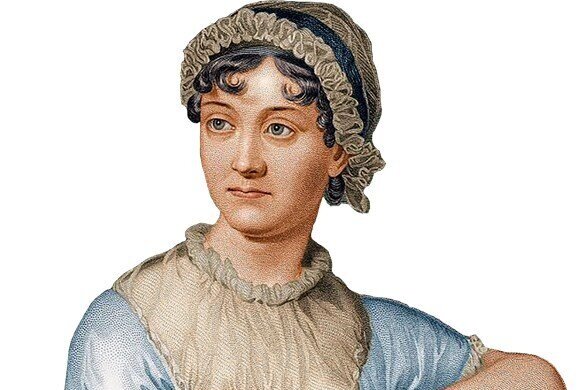
Jane Austen in Bath
Austen reputedly fainted on hearing that her family would move to Bath in 1801. Scholars have argued about her reaction: was it joy or horror?
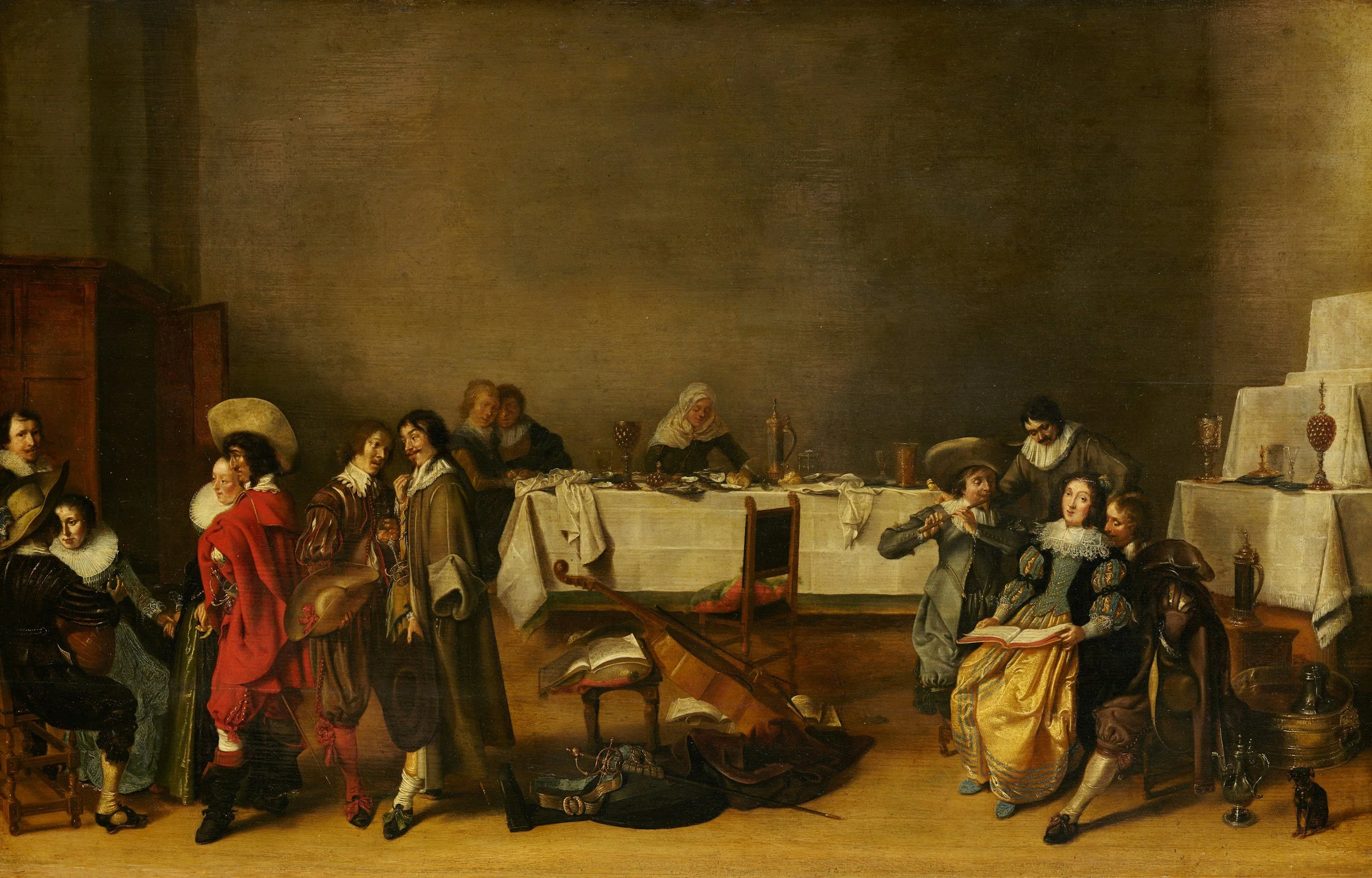
Love, Sex, and Friendship in Early Modern England
How did 16th- and 17th-century English writers talk about love, sex, and friendship, and how were early modern representations of love and desire shaped by understandings of gender, sexuality, race, disability, class, and other identity categories?
This course focuses on representations of relationships between friends, lovers, and spouses in 16th- and 17th-century literature.

Novel Writing in England
Flannery O’Connor wrote, “Writing a novel is a terrible experience, during which the hair often falls out and the teeth decay.” Writing a novel can be challenging, but it can also be exhilarating and rewarding—unlike anything else you will ever try to do. If you have ever dreamed of writing a novel, this course will help you get started.

Spying and Literature: Reading and Interpreting Surveillance Stories
Everyone spies and everyone is spied upon, but how do we learn to surveil ourselves and others? Using a range of genres including picture books, novels, short stories, plays, and video, we will investigate ideas about both the stories we tell and the choices we make while telling them. We will explore how narrative structures shape attitudes toward surveillance and truth, compare the ways different genres function in relation to surveillance, and examine how attitudes toward surveillance have changed over time in literature, both reflecting and enabling cultural shifts.
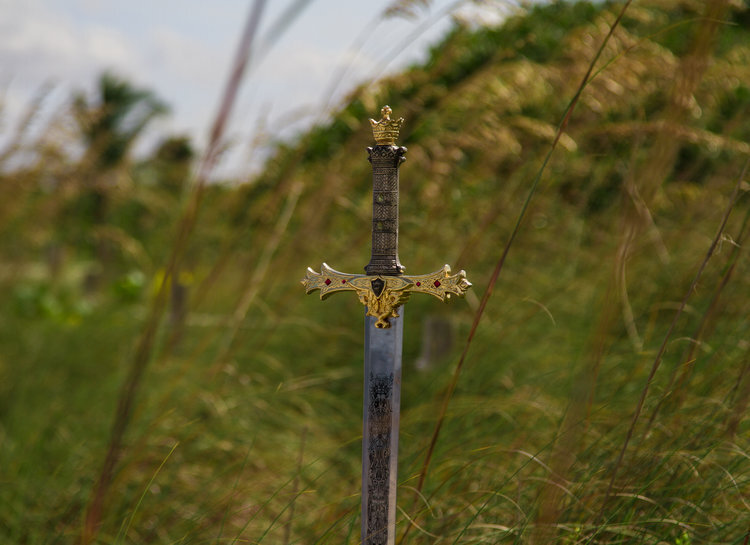
Legends of the Round Table
Ready for a quest? In this course, we will study the stories of King Arthur, Merlin, and the Knights of the Round Table, from their mediaeval origins to contemporary satires and critiques.
